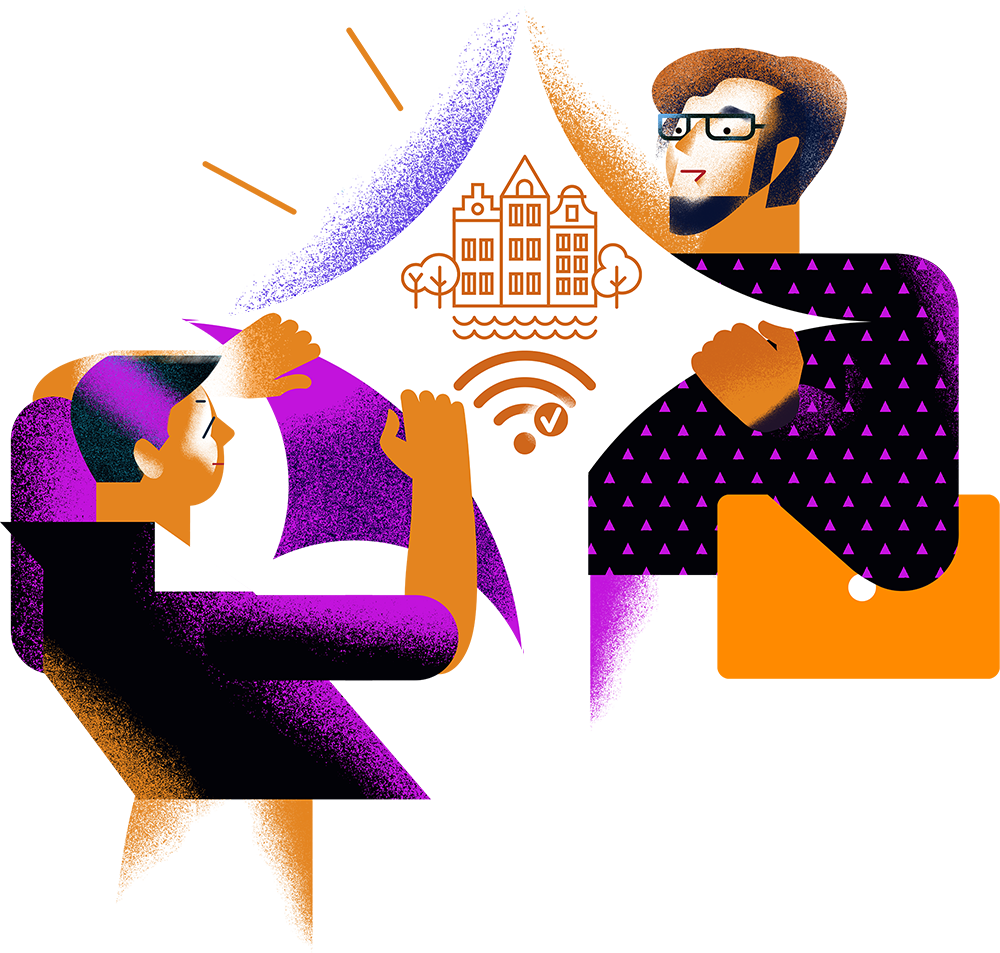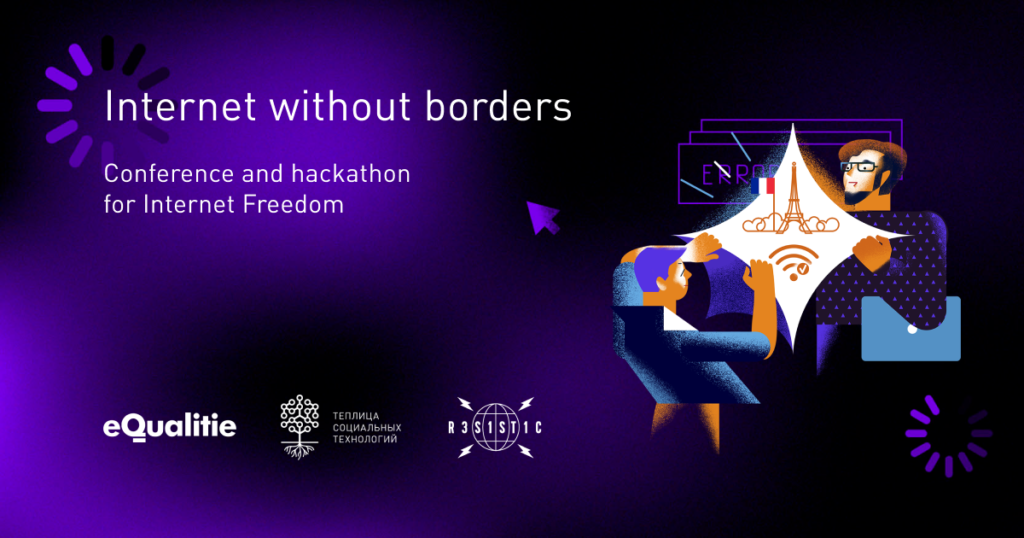
On November 19, 2022, the Hackathon Without Borders took place in Paris. The event brought together around 25 people with different skills and experiences. Developers, data analysts, researchers, activists, designers—each person was able to find a task and contribute to the collective work.
How did the hackathon go?
In the modular space of Le Sample, teams worked at separate tables in the presence of mentors from our technical partners. Despite competing for specific cash prizes this time, teams provided a lot of help to each other.
According to the new rules of the Hackathon Without Borders, participants had to pre-select a task from the options available on the website. Mentors were present both on-site and online, quickly responding to any questions that arose. For example, the ResisTIC project team was in contact with an online participant who shared relevant progress and data from previous hackathons on the topic of the chronology of Russian Internet censorship.
What was accomplished at the hackathon?
1. Visualization of data on internet shutdowns in Ukraine since February 24, 2022
The project task of AccessNow:
Nikita Kabardin started working on a project that successfully combined Meduza’s data on Russian missile strikes in Ukraine with the data from the IODA project on internet shutdowns. As a result, a prototype map was created. Although the mentors from AccessNow spoke highly of Nikita’s work, he personally felt that the project was not entirely ready and declined the prize. He hopes that other teams at the next Hackathon Without Borders will be able to complete what he started. We appreciate Nikita’s humility and professionalism, and we hope that his efforts will prove useful for future hackathons.
2. Implementation of tests for OONI
The project task of OONI (Open Observatory of Network Interference)
The tasks assigned by OONI generated great interest among the technical participants of the hackathon. With the presence of OONI’s lead developer, Arturo Filasto, the participants successfully completed two challenging tasks. They implemented two new tests for OONI. A Parisian hacker and activist, who adopted the pseudonym ooninoob for the duration of the hackathon, developed tests for DHT/BitTorrent and SMTP/IMAP. These new tests will soon become part of the OONI probe, allowing users to test the accessibility of mail protocols and torrents. For the successful completion of the tasks, ooninoob received a prize of $1200, which was used to support their independent media library project through the purchase of hard drives and networking equipment. We express our gratitude to ooninoob for their technical expertise, professionalism, and social responsibility! We are delighted that the Internet Without Borders foundation was able to support this grassroots local technical initiative.

3. Visualization of Ouinet Protocol Principles
CENO project task
The CENO project also received significant attention during the hackathon. Three tasks were successfully completed as part of the project. Firstly, Nikolay developed interesting graphical elements for visualizing the principles of the Ouinet protocol. This new distributed protocol can be complex to explain to a non-technical audience. Nikolay was able to familiarize himself with the documentation, understand the working principles, and create storyboards for an animated video about Ouinet. The jury awarded Nikolay a prize of $200 and hopes that his sketches can be utilized in an instructional video about the CENO browser.
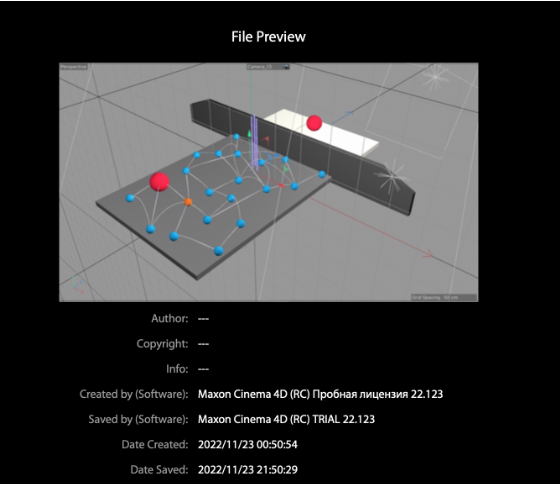
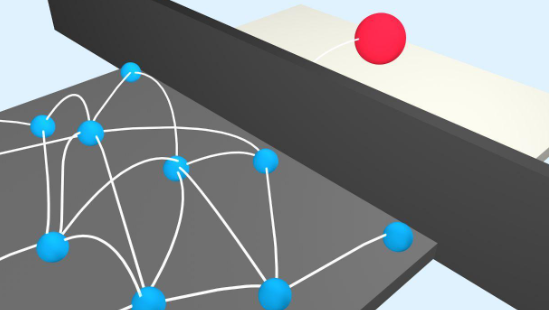
4. Make all Ouinet options visible
CENO project task
Another task from CENO involved the more technical aspect of the project: making all Ouinet options visible. Alexander successfully tackled the task and received a prize of $600. The results of his work will be integrated into the next build of the CENO application (the code can be viewed here and here).
5. Develop a forked application for RSS feeds
CENO project task
The third task of the CENO project was to develop a forked application for RSS feeds with support for the Ouinet protocol for content retrieval and distribution. The participant mommyderg chose the codebase of the ReadYou project, an RSS reader for Android, as the foundation. They successfully integrated the Ouinet library into the application. You can view the resulting code here.
6. Promoting the results of a scientific project to a wide audience
ResisTIC project task
The ResisTIC project, a research project and a local partner of Internet Without Borders in Paris, assembled a large team that successfully tackled the main task: how to make the results of the scientific project understandable to a wide audience? The project relied on the “Chronology of the Runet” (timeline.resistic.fr) as its foundation. Social media cards and an infographic in the form of a doomsday clock were prepared, visually illustrating the growing scale of digital repression. The team was awarded a prize of $400, and the results of their work will be used for the final report on the four years of ResisTIC team’s work, as well as illustrations on the project’s website and social media channels.
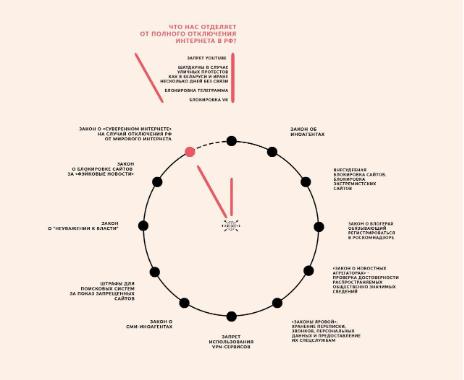
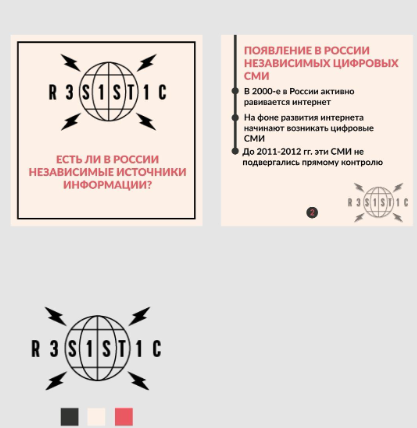
Words of gratitude from the organizers
We would like to thank all the participants of the Paris Hackathon Without Borders. We are delighted that all the solutions developed have proven to be useful and will become part of ongoing projects. In the upcoming episodes of the Hackathon Without Borders, we will continue working on specific tasks and hope that our prize fund will once again support the most proactive and responsible participants in our community!
